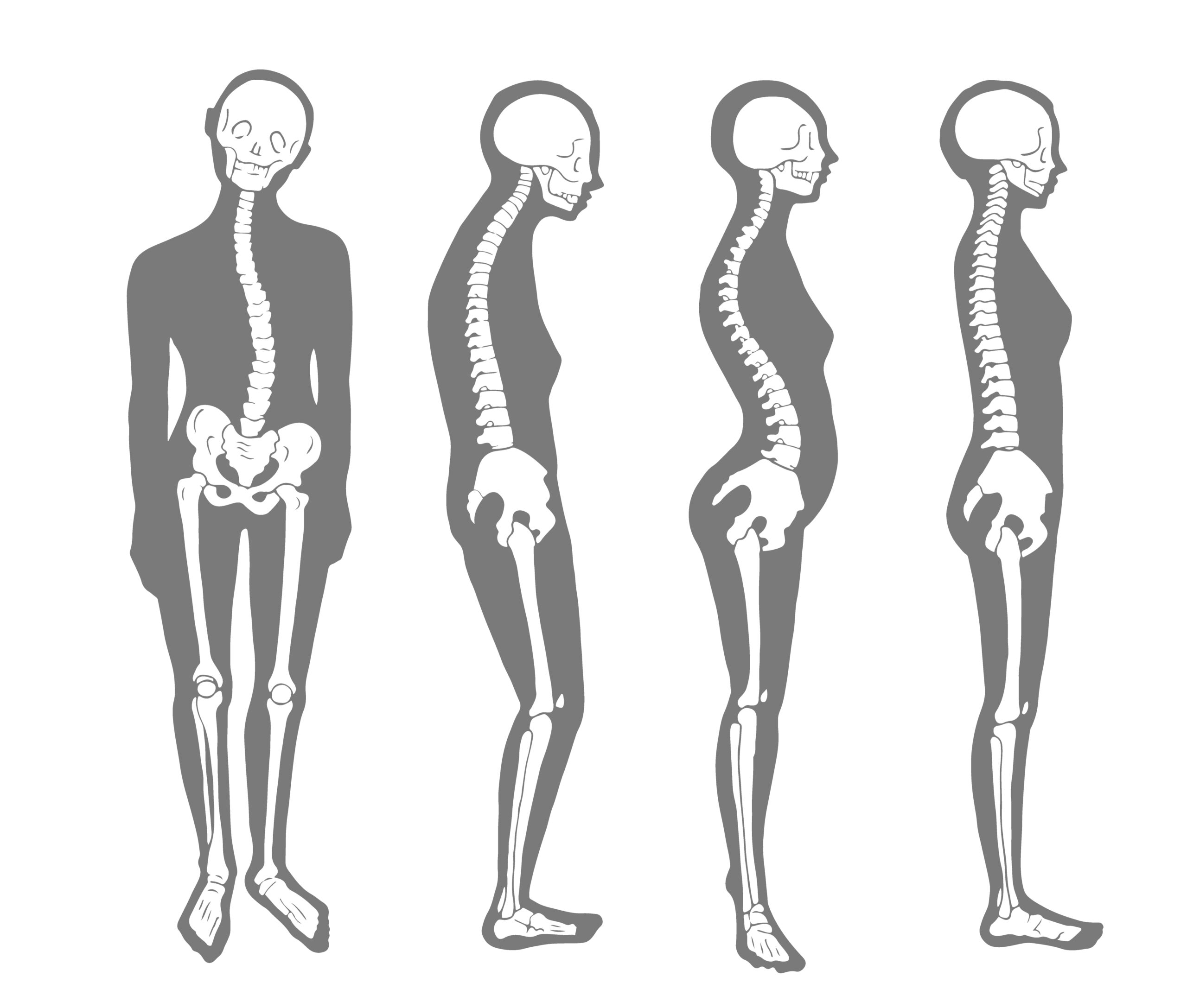There's a saying that goes, "If the foundation is crooked, the rest will follow suit." In terms of biomechanics, this applies to the fact that when the base of our feet isn't properly aligned, it can have a cascading effect on other parts of the body. Foot arches are a critical component of the human body's biomechanical structure, and they play a vital role in overall stability. Abnormal foot arches, including flat feet and high arches, can lead to imbalances in body posture, increased risks of falls and injuries, and can trigger other related health issues.
The foot arch is a complex structure composed of bones, muscles, and ligaments in the sole of the foot. A normal foot arch provides sufficient surface area and elasticity, allowing the foot to adapt to pressure and impact from different surfaces. However, when the foot arch is abnormal, this balance is disrupted, which, in turn, affects overall stability.
Flat feet refer to excessive collapsing or loss of elasticity in the foot arch, resulting in increased contact area between the foot and the ground. In this condition, the distribution of body weight becomes uneven, leading to imbalanced force distribution on the knee joints, hip joints, and spine. Over time, this imbalance can increase the load on these joints, resulting in pain and injury. Additionally, flat feet can cause tension and coordination issues in the lower limb muscles, further affecting walking and movement stability.
On the other hand, high arches refer to an abnormal elevation of the foot arch, reducing the contact area between the foot and the ground. In this condition, the distribution of body weight becomes uneven, causing excessive pressure on the foot and increasing the risk of foot pain, ankle sprains, and other related problems. Furthermore, high arches can decrease foot stability and increase the risks of falls and injuries.
Apart from directly impacting foot and lower limb health issues, abnormal foot arches can also affect overall posture and movement. As the foot serves as the foundation for the body, abnormal foot arches can cause improper alignment of the pelvis, spine, and head. This can lead to muscle tension, abnormal spinal curvature, and decreased balance, affecting overall stability and movement performance.
Problems that may arise from abnormal foot arches include:
Foot: Forefoot pain, plantar fasciitis, Achilles tendonitis
Knee: Degenerative knee arthritis, patellar lateralization, and patellar softening syndrome
Hip: Degenerative hip arthritis
Lower Back: Back pain/lower back pain
Others: Shoulder and neck discomfort, etc.
To address the impact of abnormal foot arches on overall stability, orthotic insoles are an ideal corrective measure. Whether or not you have abnormal foot arches, orthotic insoles offer many benefits to help maintain good posture and stability.
- Foot arch support:
Orthotic insoles are designed with targeted curves and contours to provide additional foot arch support. They not only help correct abnormal foot shapes but also improve the distribution of forces on the feet, reducing the load on joints and muscles. By providing proper foot arch support, orthotic insoles promote foot stability and balance.
- Pressure and pain relief:
Orthotic insoles typically have good cushioning properties, reducing pressure on the feet during walking and physical activities. For those prone to foot pain, plantar fasciitis, and related issues, orthotic insoles offer extra padding and cushioning to minimize discomfort and pain, making walking more comfortable.
- Improving posture and balance:
Correct use of orthotic insoles can help improve posture and balance. By providing proper foot support, orthotic insoles have a positive impact on the alignment of the pelvis, spine, and head. Good posture not only reduces muscle tension and discomfort but also enhances overall stability and movement performance.
- Customization and adjustability:
Orthotic insoles are often customizable according to individual needs. Professional foot specialists can customize orthotic insoles based on your foot shape and specific concerns, ensuring optimal support and comfort. Additionally, orthotic insoles are removable and can be transferred to different pairs of shoes, making them convenient for daily use.
In conclusion, abnormal foot arches are closely related to the human body's biomechanical structure and are an important factor affecting overall stability. The presence of flat feet or high arches can lead to postural imbalances, force distribution imbalances, and decreased physical performance, increasing the risks of injuries. Whether you have abnormal foot arches or not, orthotic insoles are a high-quality solution for treating and preventing foot issues, enhancing overall stability and well-being.




